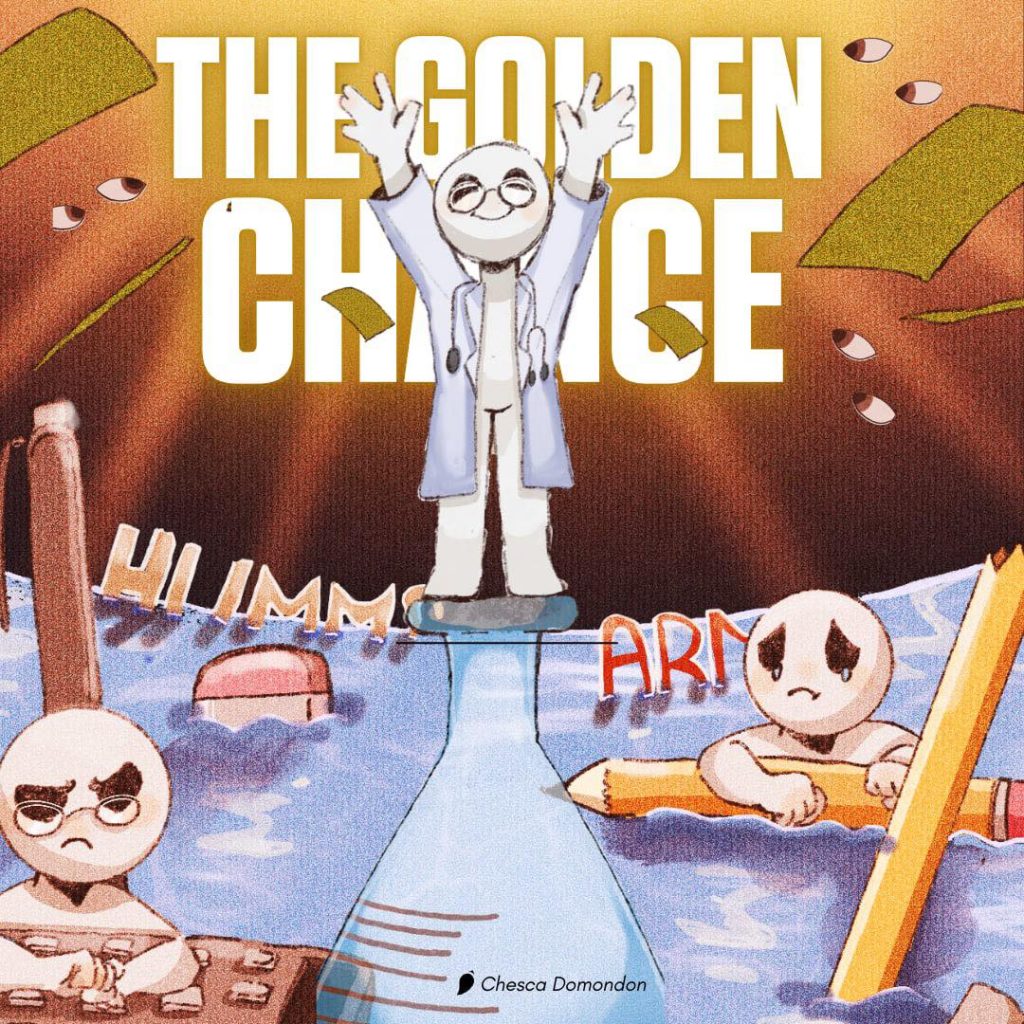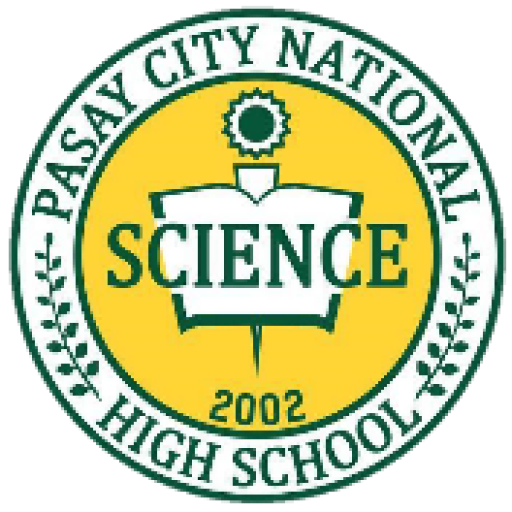By: Darleene Anaviso
Cartoon: Chesca Domondon
Every child possesses unique talents and aspirations. Yet, the Philippine government’s approach to education—particularly its focus on the Science, Technology, Engineering, and Mathematics (STEM) strand within the Senior High School (SHS) program—risks the potential of countless students. This bias, evident in funding allocation, scholarship opportunities, and even societal perception, is not just unfair; it’s a threat to the nation’s overall progress.
The K-12 program, including SHS with its four tracks (Arts and Design, Sports, Technical and Vocational, and Academic—which includes STEM), aims to enhance the quality of education and provide new opportunities. However, the reality is far from equitable. The STEM strand consistently receives larger shares of the budget and scholarships, leaving other tracks struggling for resources and recognition. Big corporations and NGOs often prioritize STEM graduates for internships and entry-level positions, further perpetuating the perception that STEM is the only viable career path.
This unfair treatment is deeply felt by students. Amanda Joy Villaroman, a HUMSS student, describes her frustration at the shortage of scholarships for humanities students, a sentiment echoed by countless others. The perception that STEM is the only valuable path is not only disheartening but actively detrimental to students’ aspirations and the nation’s future.
While the government’s focus on STEM is understandable, given its importance in economic development, neglecting other strands creates a critical flaw. Critical thinking is not solely the domain of STEM; the arts, humanities, and vocational skills are equally crucial for a well-rounded and thriving society. How can we build a strong nation if we undervalue the skills needed to understand its social, cultural, and economic frameworks?
The current system creates a frustrating disparity, where some students are equipped with complete resources while others struggle with deprivation. The rising cost of tuition further worsens this inequality. Scholarships are essential for many students, yet the current distribution system intensifies the existing bias. This lack of fair opportunity not only limits individual potential but also hinders the nation’s ability to cultivate a diverse and skilled workforce.
STEM cannot stand on its own. It is not the only strand that is crucial; all of the strands are. They are connected with the humanities, social sciences, and arts, forming a complex and dynamic ecosystem of knowledge and innovation. The development of sustainable technologies requires not only scientific expertise but also a deep understanding of social and cultural factors that influence adoption and implementation. By embracing their connection, we can create a more holistic and ethical approach to addressing the challenges we may experience, making meaningful progress that can benefit us all.
The solution is not to diminish the importance of STEM but to create a level playing field for all SHS tracks. This requires a fundamental shift in resource allocation, scholarship programs, and societal perception. According to the De La Salle University (DLSU) Research Congress, more people apply for STEM than other strands because it offers a pathway to high-demand careers with good salaries, provides valuable skills like critical thinking and problem-solving, and is considered crucial for driving innovation and technological advancements in today’s world. This pathway should not only be offered in STEM but also in every other strand.
Every student deserves a fair chance, and every opportunity they encounter is a golden chance to shape their future and contribute to the nation’s progress. The government and private sectors must act decisively and create projects or programs such as equal funding allocation and diverse scholarships to ensure every strand has equal opportunities in both academic and work environments, making this golden chance available to all.




